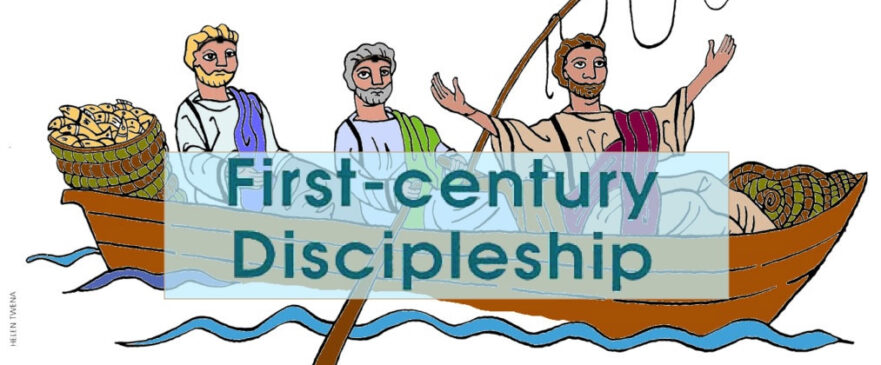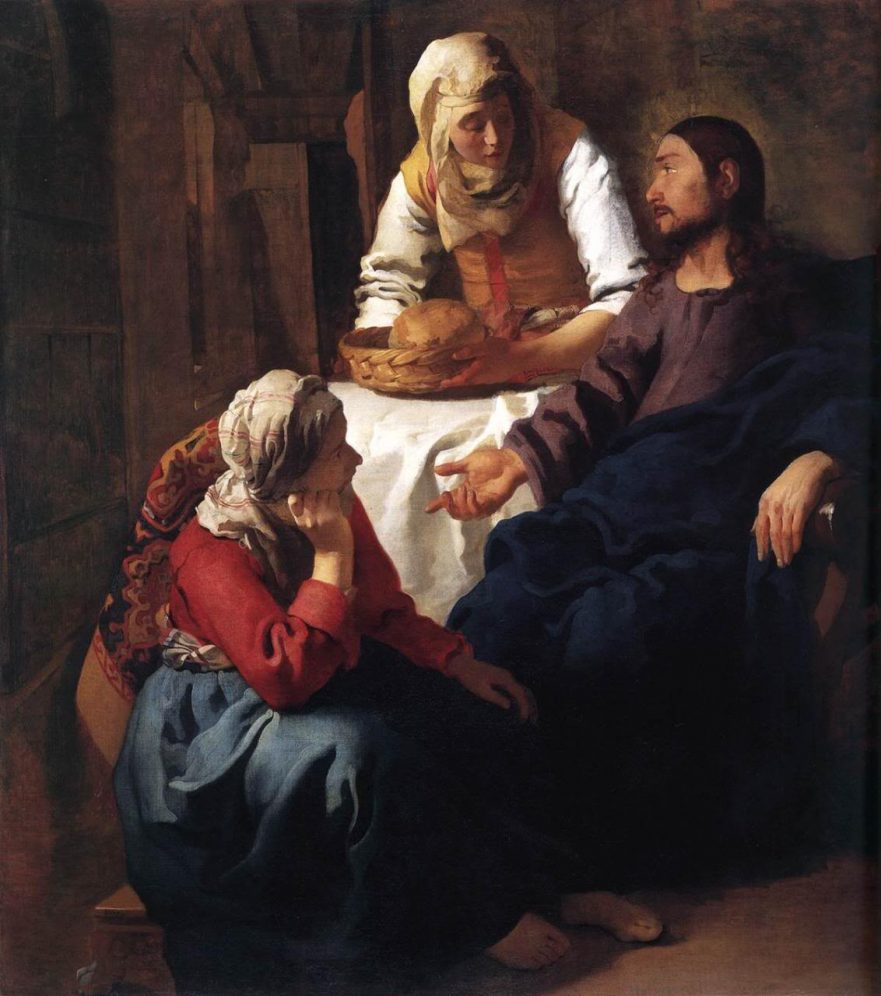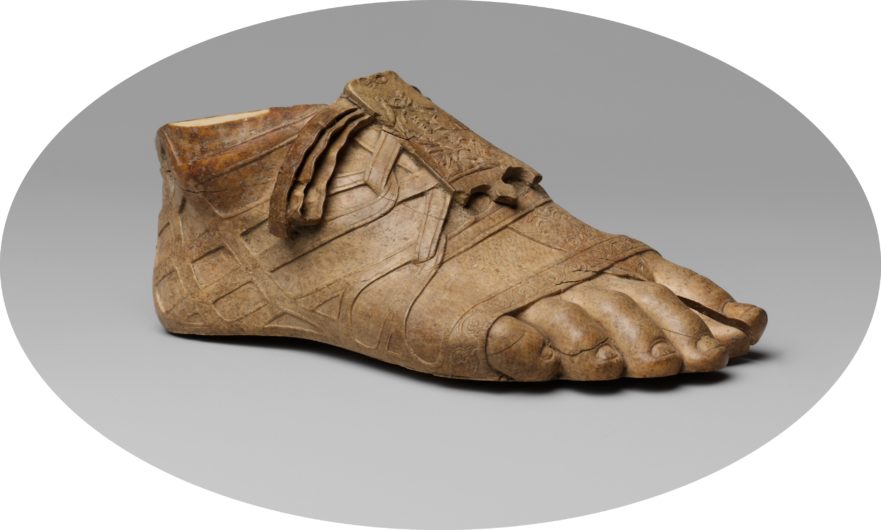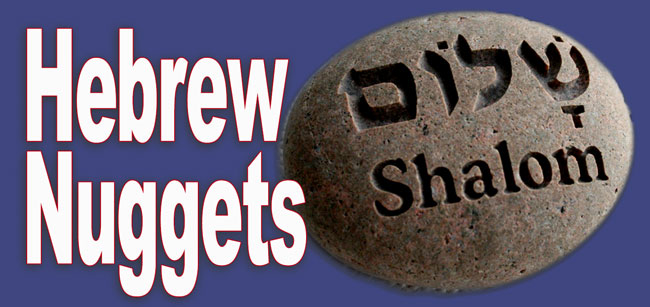To access this post, you must purchase Hebrew Nuggets access, JP Premium Membership or Friend of JP.
Scholarly Assumptions about the Historical Jesus

Many scholars today feel that it is impossible to know what the historical Jesus really said.
Jesus’ Education

One can form a reasonably accurate picture of what Jesus was doing in his childhood and adolescence.
Who Was Jesus?

TIME magazine’s August 15, 1988 issue presented a sad picture of the current state of scholarly knowledge. After 200 years of “scientific” investigation into New Testament records of the life of Jesus, scholars are more divided than ever as to who Jesus was and who he thought he was. Even sadder, the Herculean efforts of generations of scholars have brought Jesus no nearer to the ordinary believer.
First-century Discipleship

Like other sages of his time, Jesus demanded his disciples’ total commitment. They were to put the “kingdom of Heaven” (Jesus’ band of full-time disciples) before all else. They were to “hate,” that is, put second, father, mother, wife, children, brothers, sisters, and themselves, as well (Luke 14:26). Following Jesus to learn Torah from him was to take precedence over every other endeavor.
Gospel Translation

Hebrew words usually have many shades of meaning, and the Greek translator of the conjectured Hebrew “Life of Jesus” could convey only one sense of each Hebrew word’s meaning. When the standard Greek translation of a Hebrew word became fixed, Greek translators often employed this standard translation even when the Hebrew word it translated appeared with an obviously different meaning.
Mary and Martha: The Rest of the Story

In Robert L. Lindsey’s theory of gospel transmission, the Hebrew version of Jesus’ biography and its Greek translation have both been lost. Although none of the synoptic Gospels preserves the original text in its entirety, together they do preserve all, or nearly all, of the stories in the original work.
At the Feet of a Sage

Jewish sages and their disciples were dependent upon the hospitality of the communities they visited.

